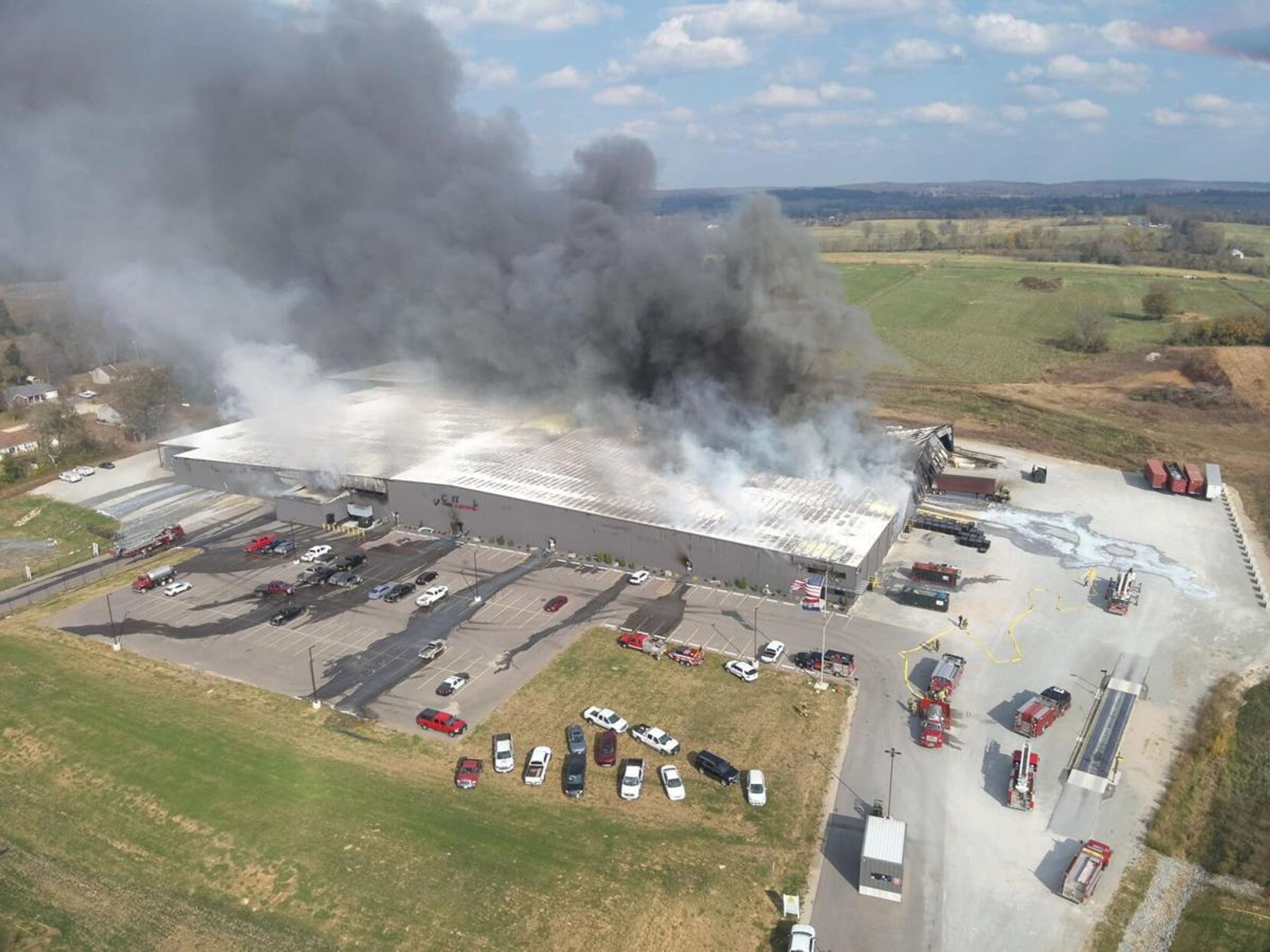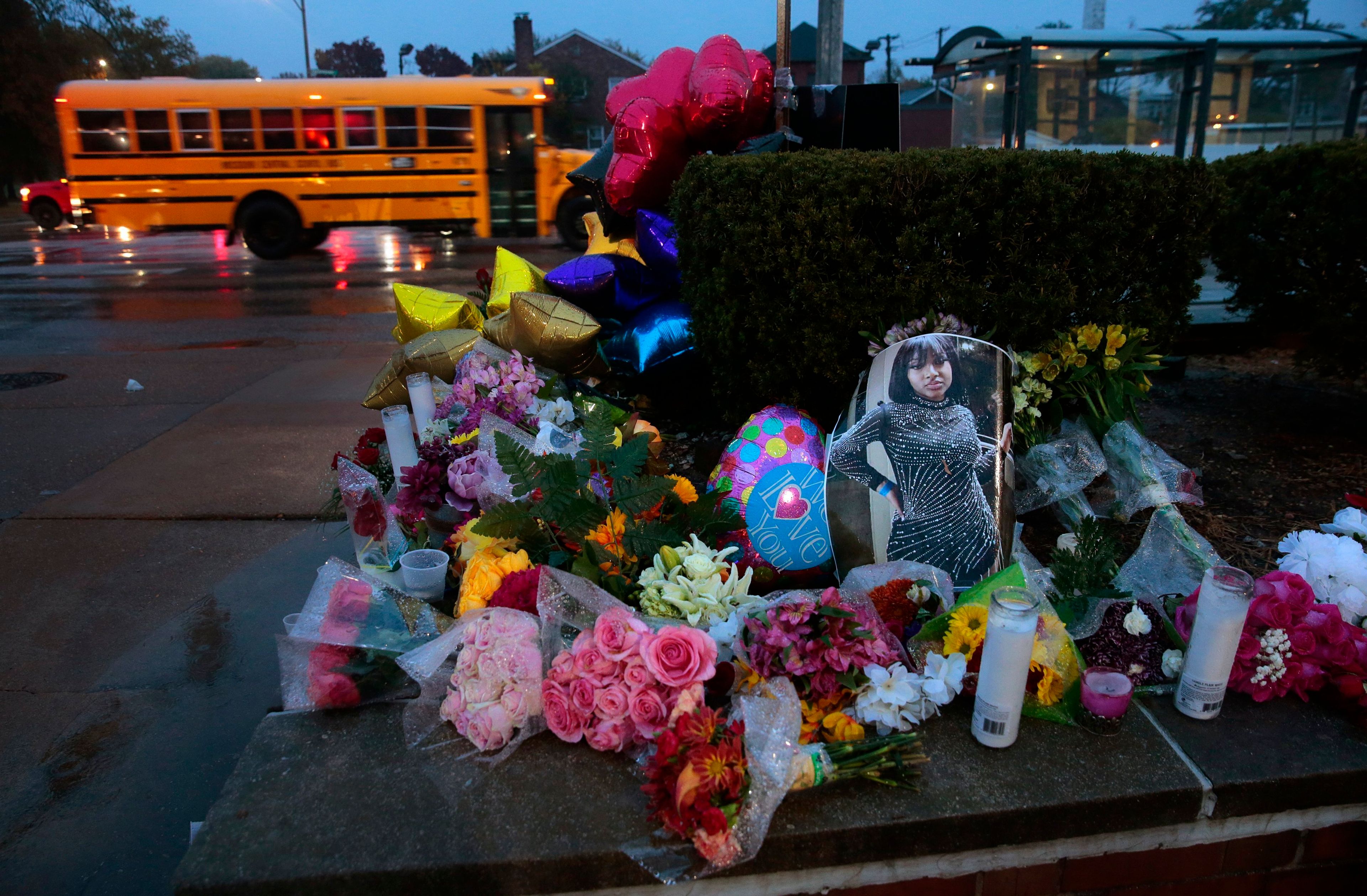Cape Girardeau County surveys residents on disaster readiness and pet evacuation plans
Cape Girardeau County is surveying residents on disaster preparedness and pet evacuation plans to enhance local emergency response strategies. Insights will aid in resource allocation and community readiness.
The Cape Girardeau County Public Health Center is conducting short surveys to get an idea how people and their pets are prepared for an emergency.
Tanner Stadelbacher, Cape Girardeau County public health emergency planner, said emergency agencies will use the survey "as a tool to measure not only our status but to assess really what the needs are in our community and then maybe improve some programs. If we can get some resources allotted to certain areas, that would be great.”

While the center is still collecting surveys, Stadelbacher has received 226 responses so far, many of which were collected as people received vaccines through a recent drive-thru vaccine event. The surveys consist of six questions with multiple options:
- What is your level of preparedness for disasters?
- Do you have a designated meeting place for your family or household members in case of separation during a disaster?
- Do you have a pet or pets that will evacuate with you?
- During a disaster would a member of your household rely on electricity for medical equipment?
- What primary communication channel do you rely on during disasters?
- What town in Cape Girardeau County do you reside in?
On the first question, 35% said they had not yet prepared for a disaster; 42% stated they had a basic emergency kit; and 22% stated they had an emergency plan, designated escape route and supplies.
So far, those numbers appear to be trending behind national averages.
According to a 2023 Federal Emergency Management Agency national household survey of 7,604 responses, slightly more than half of Americans reported being prepared for a disaster, with 57% taking three or more actions to prepare for such a situation within the last year.
Nationally, 48% of the households that completed the survey had assembled or updated supplies and 37% stated they had made a plan.
The Southeast Missouri area is notably vulnerable to a potential major earthquake along the New Madrid fault line. But it is also susceptible to tornadoes and floods.
Stadelbacher said lessons can be learned from other disasters, such as the hurricane and flooding damage in Kentucky and North Carolina, but all disasters are different, whether it is the type of disaster that hits or the topography and population of the affected area.
“As planners, we know that, and we are constantly updating those plans to account for whether it's new technology or cultural shifts or just any small changes that can have really big impacts in our area. With these big disasters, we're seeing more and more that it's going to be this local area responding first. So we have to be able to rely on ourselves, especially for those first couple of days to maybe even a week, before people can get to us. So, we're really trying to focus on that aspect of it, and getting ourselves prepared, because we know help might not be able to get here right away, and even people in this area that are supposed to be helping might not be able to get to us right away.”
One area the survey hopes to learn more from is the number of households with animals that will be evacuated along with people.
“We have three pet sheltering or three animal sheltering trailers,” Stadelbacher said. “We’re kind of trying to gauge also how many people are going to be evacuating with their pets, and even if it’s some larger animals, such as horses.”
The survey also seeks to understand how the public gets its information. Most people said they rely on cellphone alerts. Stadelbacher said such alerts are very effective, but there is no guarantee of working cell service when a disaster hits. The public should consider having battery-operated radios available as part of its emergency kits.
The survey intends to get an idea of how many people rely on electricity for health purposes, such as oxygen tanks. Eventually, the public health center wants to “push some information out to our community that there are some programs you can sign up and be on a list and kind of help us be more prepared.”
Stadelbacher said the short surveys are the first phase of a larger plan to develop more in-depth surveys.
“So most of this data is going to go to our (emergency preparedness) partners,” she said. “Our county does a really great job of working together, all the partners do, and planning ahead for emergencies. So mainly it’s going to go to our local county Emergency Operations Center, fire people, some of the medical facilities.”
Stadelbacher said emergency preparedness for individuals depends on their circumstances, regarding the size of their families, medical needs and many other factors.
The Cape Girardeau County Emergency Operations Center recommends going to https://www.ready.gov/plan to get started making plans for a disaster or emergency.
Connect with the Southeast Missourian Newsroom:
For corrections to this story or other insights for the editor, click here. To submit a letter to the editor, click here. To learn about the Southeast Missourian’s AI Policy, click here.










